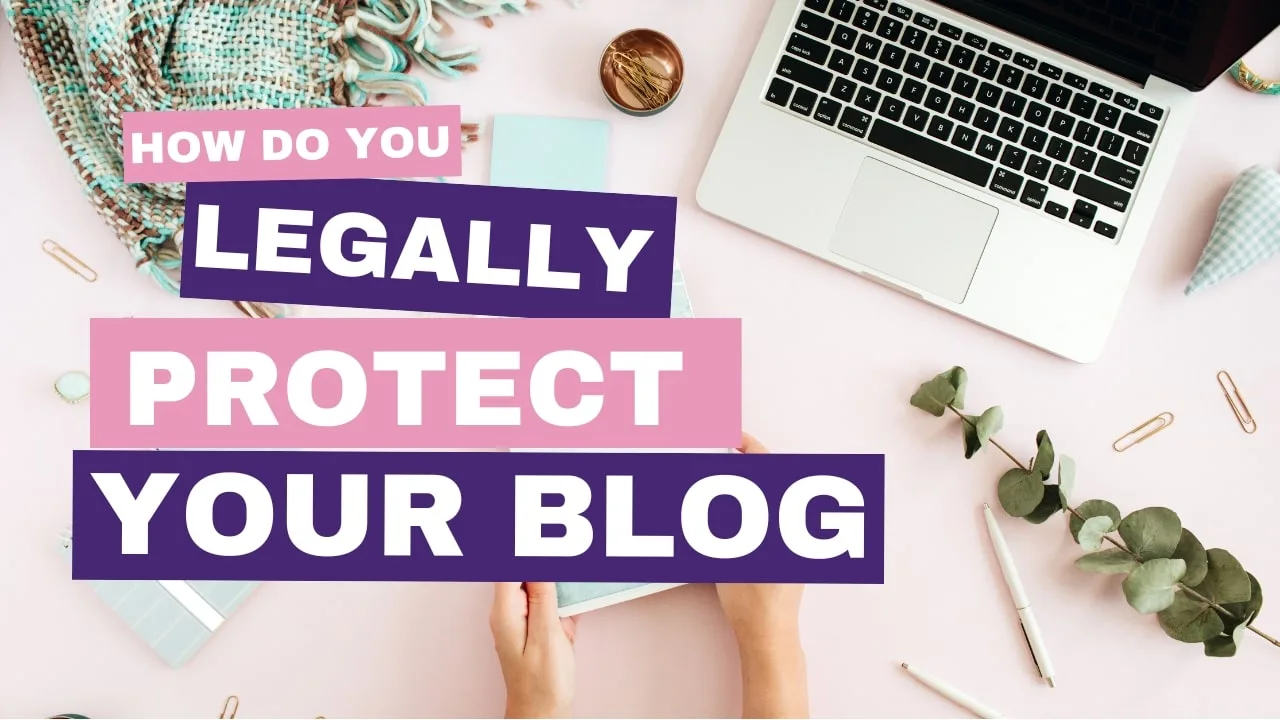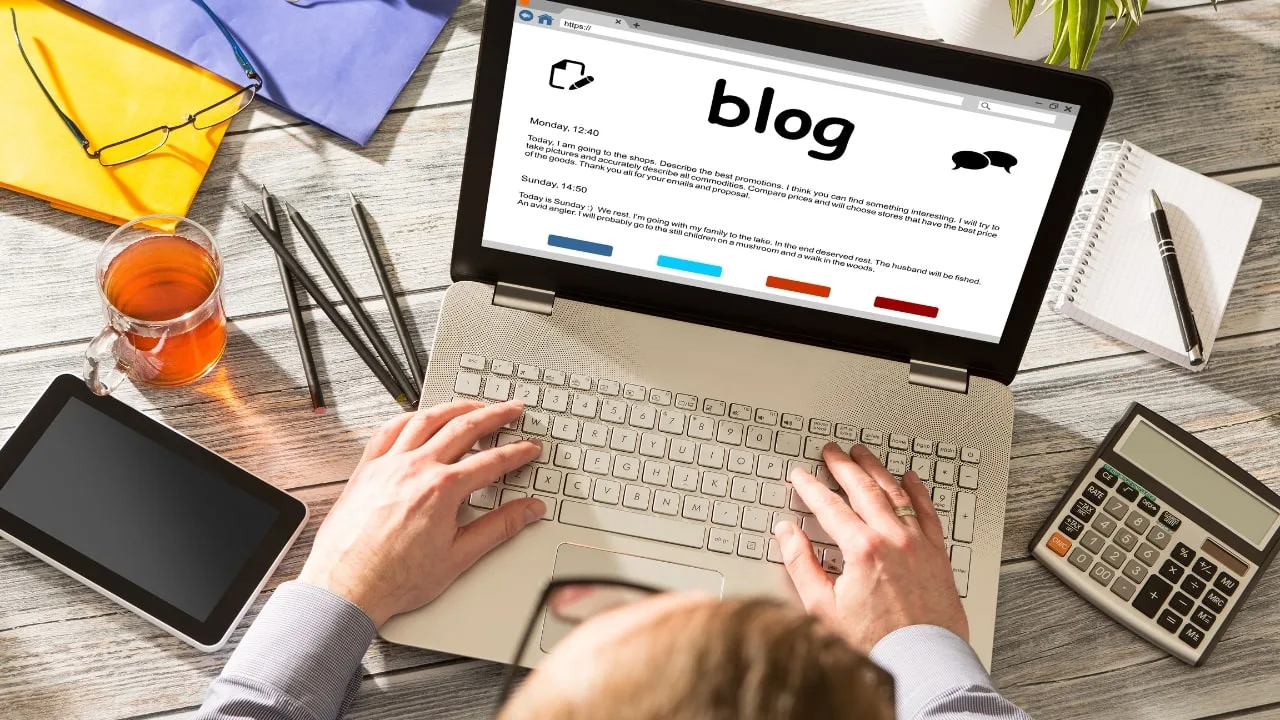How Do You Legally Protect Your Blog?

Staring and creating a blog is not an easy task. It can expose you to a variety of legal risks. The risks can be copyright infringements and liability risks. Or unintentional violations of international privacy law. Hence, you have to legally protect your blog.
Though I’m not a lawyer, nor is this legal advice. I’ve found it useful in protecting my blog and you may find it helpful. And, I am not responsible for any damages that may arise using this information.
As a strong blogger, you spend a lot of time and effort creating valuable content for your audience. Hence, it’s important for you to legally protect your blog.
You need to safeguard your content and secure your brand. Above all, there are various steps to ensure the protection of your blog legally.
1. Why Should You Legally Protect Your Blog?

Blogging is a way to express and disseminate ideas and information, but it carries a lot of risk. Hence, you need the legal protection of your blog.
Let us check for a few reasons to legally protect your blog.
Protect your property:
Legal protection of your blog safeguards your ideas, and content from unauthorized use. You can stop your content and your work from getting misused. Hence, by asserting copyright and trademark registration.
Mitigating liability and risks
Blogging may lead to copyright infringement, defamation, or even privacy violation cases. But you can build barriers from these dangers to legally protect your blog.
Establish professionalism and principles
Show dedication to professionalism and moral principles here. Hence you legally protect your blog.
2. Legally Protect Your Blog This Way:

Copyright Your Content
It is important to protect your content. As someone may utilize your hard work, without giving you credit.
Moreover, you need to protect your blogs, articles, and images by asserting copyright. Hence, you need to register with the relevant authorities for additional legal benefits. Likewise, for options in infringement cases.
Implement terms and conditions
Make detailed and easy terms and conditions of service agreements. Describe the obligations, requirements, and restrictions for the users of your blog. You can include usage permission and prohibition of conduct. Even property rights, disclaimers, and restrictions on liability.
Monitor User-Generated Content
Users on your blog may generate stuff on your blog. Hence, you need to establish content filtering and moderation procedures. Above all, to reduce the legal risks connected with user-generated content.
Get Permissions and Licenses
Before you use someone’s content in the form of images, videos, or quotes. Ensure, that you have a license or permission.

Include legal pages on your blog
Some pages must be:
- Privacy policy: It informs users about the data, how to use it, and to protect their privacy. It includes details about cookies, analytics, data retention, and any third-party services used.
- Terms of use: It outlines the rules and responsibilities for visitors who use your blog. Aspects such as acceptable use, and intellectual property rights. Additionally, include disclaimers, liability limitations, and dispute resolution here.
- Disclaimer: The disclaimer page shows the limitations. And the scope of your blog’s content. The page must be clear, concise, and easy for your users to understand.
- Copyright notice: A Copyright Notice page displays your ownership rights. Above all, it alerts the users that your content is under a copyright law.
- Disclosure policy: A Disclosure Policy is important for blogs. Above all, that have sponsored content, and affiliate marketing.
It shows your relationship with advertisers, sponsors, or affiliates. Likewise, it clarifies that you may receive compensation for certain content.
Conclusion:
To safeguard your creative work and your unique content. Likewise, in this dynamic digital world, you have to legally protect your blog. From the above shown steps you protect your blog legally. Hence, you create a secure and compliant space for your users and gain their trust.

